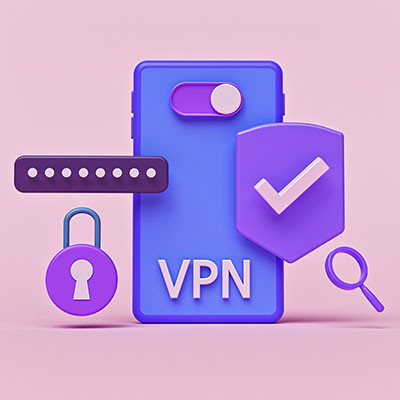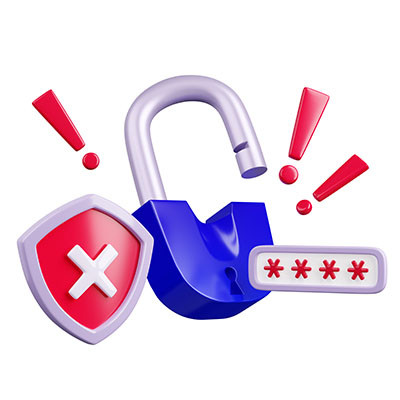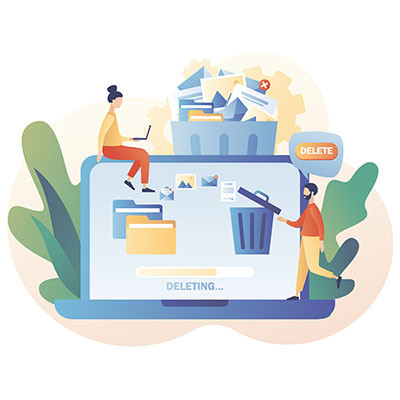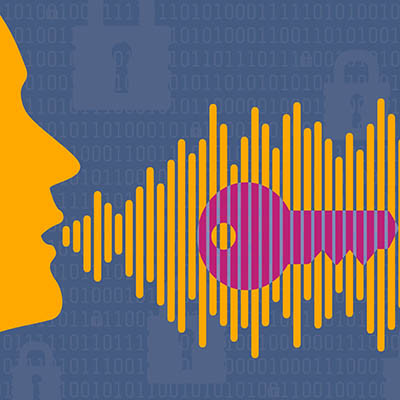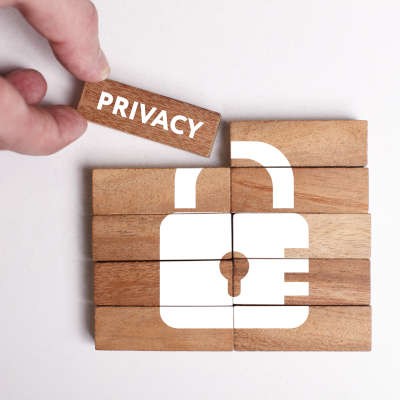SCW Blog
Let’s talk a little bit about deepfakes. If you aren’t aware of this technology, deepfakes are essentially synthetic media. Typically they come in the form of videos or images that use artificial intelligence (AI) to replace a person’s likeness with another’s. With deepfake technology, people can convince an audience that a person said something they didn’t say. This deliberate digital subterfuge can bring with it a whole lot of problems. This week we will outline a few of them.
Data privacy has never been such an important issue for businesses and individuals alike. In some places, calls for overarching legislation to protect consumers have often been met with significant pushback by lawmakers who are reluctant to put extra regulations on businesses, while others have passed important laws dictating how organizations handle individual data.
We know that security is far from a small investment, but this only serves to highlight how important it can be to your business’ continued success. You might wonder why security is such an important investment if you don’t intend to suffer a data breach, and that’s precisely the point. The cost of not investing in security far outweighs the initial investment.
We bet you’ve gone through your old files at some point to clean things up a bit by deleting files from your computer. What if we told you that deleting those files doesn’t actually delete them—at least not entirely? Let’s go over how you can securely delete your files for good while you go about replacing hardware or upgrading your technology systems.
For years you’ve heard how technology is becoming a bigger part of the healthcare delivery system and how it can help stabilize costs, provide increased access, and further personalize care delivery. As these innovations have been taking hold it has brought up serious questions about data privacy. Today, we’ll take a look at some of the changes IT has brought to healthcare and what it means for patient data privacy.
Privacy for business means a lot more than protecting the data and personal information of clients. It also extends to just about all data collected by a business, including that of the employees. How can you go about protecting this data without also violating the privacy of your employees themselves?
With so many workers performing tasks remotely, it’s no small wonder that authentication is one of the major points of discussion this year. How can you be sure that your company is doing all it can to verify a user’s identity before they access important information on your infrastructure? One such way you can do it is by using voice-based authentication.
When it comes to network security, there is a lot that can go wrong for your business and countless solutions that you can implement to combat them. However, there are small practices that you can implement on a daily basis to improve security as a whole, so if your collective staff can implement this one easy trick, you might be surprised by how beneficial it can be for your network’s security. This practice? Locking your computer.
Data privacy is central to most conversations in the business environment, and in a time when ransomware and hacks of all kinds are constantly receiving media presence, it’s no surprise that it is sensationalized to a certain extent. That said, it’s critical for businesses to understand what needs to be done to future-proof their data privacy infrastructures.
Many businesses have chosen to take advantage of two-factor authentication for their security needs, but there are far too many that have chosen not to. The methods might vary from organization to organization, but the general principle remains the same. We’re here to share with you how to implement two-factor authentication for three common business accounts: Microsoft, Google, and Apple.
Your privacy on the Internet matters, even if you don’t think you have anything to hide. Over the last few years, this has become more and more evident as we watch tech giants profit off of understanding the people who use their services. Facebook, Amazon, and Google are among them. Google in particular has made some recent policy changes that are worth understanding.
The Internet was always envisioned to be a network capable of sharing information across the globe—hence, the term “world wide web.” However, many online services are currently at odds with governing bodies, many business tactics and decisions impacted or even prohibited as a result. Let’s examine some of these tactics, and how the Internet has been impacted.
I want you to step out of your role as a business owner for a moment and see yourself once again as the average consumer. How concerned are you that so many businesses have collected and are now storing your personal data, and that you have no control over its privacy? If you feel at all uneasy, you’re not alone… 87 percent of Americans feel that data privacy is a human right in these modern times.
Held from Sunday, January 5 to Friday, January 10, 2020, this year’s Consumer Electronics Show took place in Las Vegas, Nevada. This event is an annual opportunity for startups and major companies alike to showcase their newest consumer-focused products. However, this year’s show has many security experts expressing sincere and legitimate concerns.
As the data that you store on your business’ computers is valuable, it is inherently a desirable target to cybercriminals and scammers alike. This means that it is in your best interest to have comprehensive protections in place to protect this data from their activities. Let’s go over exactly what a firewall is, and how they make up a critical portion of your business’ defenses.




